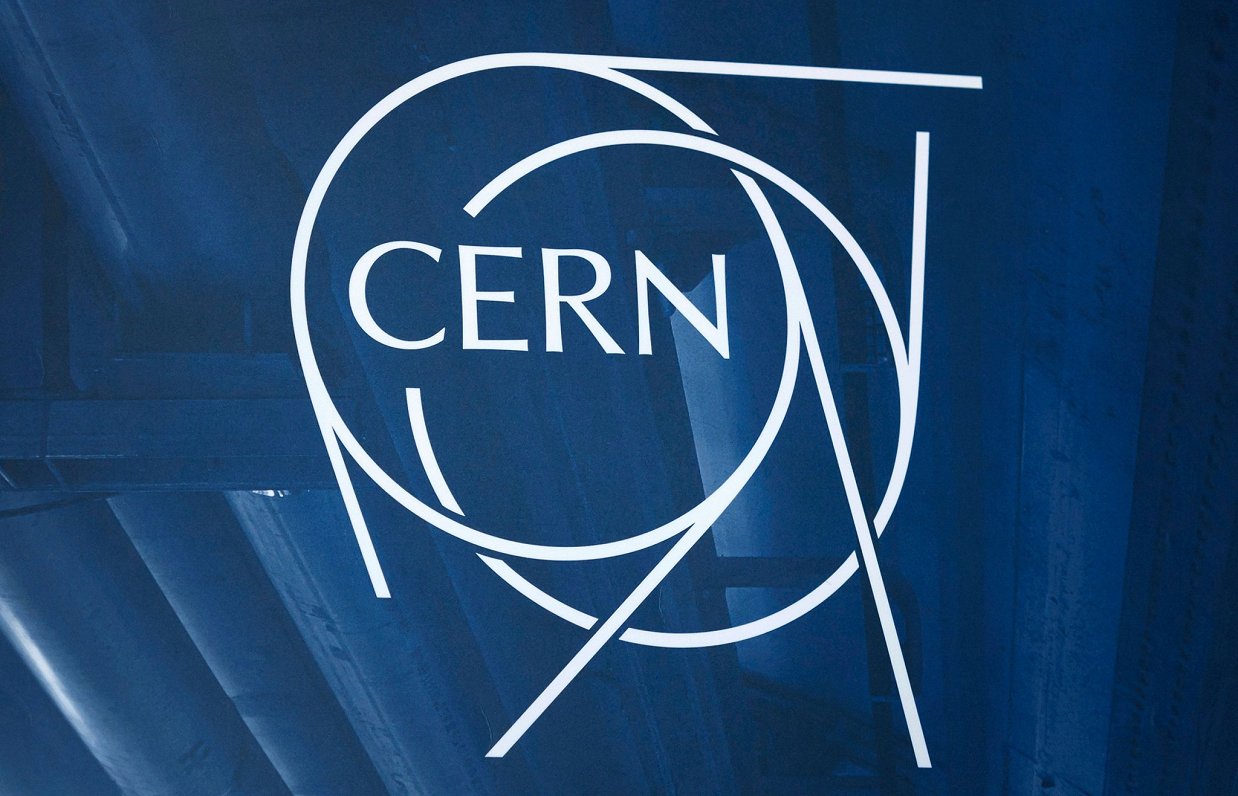“We have finally come to where we should have been – Latvian scientists will now play in the highest league of science. By targeting all the necessary criteria, we have qualified for work in one of the world's most powerful science laboratories. Participation in CERN will increase the overall level of science both in Latvia and in the Baltic States as a whole, while our young people have opportunities to learn physics and engineering in Latvia but to practice in CERN super-laboratories,” said Professor of Riga Technical University (RTU) and Latvian representative at CERN, Toms Torims.
In order for Latvia to become an associated Member State, CERN assessed Latvia's growth in high energy physics according to a number of criteria, as well as the country's potential in the short and long term. In December 2020 the CERN Council decided to enter into negotiations with Latvia on an association agreement. On April 14, 2021, the agreement on Latvia's accession to CERN's associate status was signed, while on May 27 the agreement was ratified by the Saeima.
The other Baltic States have already become CERN's associated Member States – Estonia gained this status on February 1 this year, while Lithuania became associated Member State already in 2018.





























